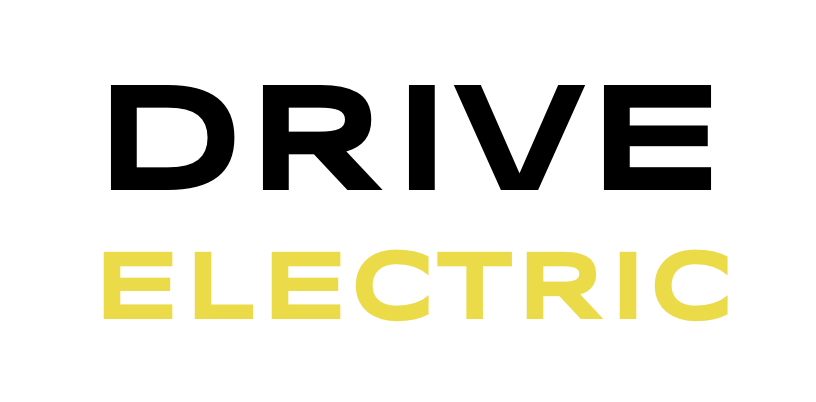The electrification of the commercial job site continues with news that the first Volvo L25 Electric wheel loader has been delivered to a customer in Australia!
The first Volvo L25 Electric wheel loader in Australia was delivered to Allworks WA Pty Ltd, and the company’s own Melker Jernberg, Head of Volvo Construction Equipment, was on-hand to deliver the the machine to Allworks, together with the brand’s dealer, CJD Equipment.
“We are proud to demonstrate that sustainable solutions are not just a promise for tomorrow, but a real innovation for today,” said Bertrand Collette, Head of Market Area Oceania at Volvo CE. “Having already proved their strength in other global regions, these reliable electric solutions are set to ensure customers in Australia can deliver on their decarbonization ambitions without any impact on productivity.”
The company took to LinkedIn to announce the news, and posted images showing the L25 meeting its new owners for the first time.
Volvo CE says its L25 Electric wheel loader “combines the proven Volvo compact wheel loader platform with battery power.” Unlike machines like the Cat 301.9 shown at CES that use an electric motor to power both its drive and conventional hydraulic oils, the Volvo L25 Electric uses two, a 29.5 hp electric drive motor and a smaller, 18.7 hp unit to push the oil. The result is more consistent, predictable performance while multitasking.
The L25 Electric also offers charging functionality beyond the scope of many equipment offerings, which “top out” at L2 charging. Volvo CE offers full CCS DCFC support, just like Volvo Cars, enabling grid-supported jobsites with appropriate infrastructure to repower during lunch breaks and between shifts and keep the dirt moving all day.
Electrek’s Take
The Volvo L25 Electric comes as standard with an on-board charger compatible with standard protocols used on wall boxes and charging stations*. It supplies a 3kW power output to the batteries, allowing the machine to charge from 0 to 100% overnight. It also comes with 3 plugs/adapters to charge from a wall socket or wallbox; via Volvo CE.
As the electric equipment market evolves, the winners will be the manufacturers who deliver one of two things: either bulletproof, seamless operation, or modular construction and easy accessibility for fast, on-the-fly repairs as needed. Moog and ZQuip are taking the modular route, while Volvo seems to be going for the seamless option, delivering vehicles that offer charging experiences familiar to anyone who’s experienced a road-going EV.
Time will tell which approach will eventually win out.
Full article HERE
(source: electrek)

